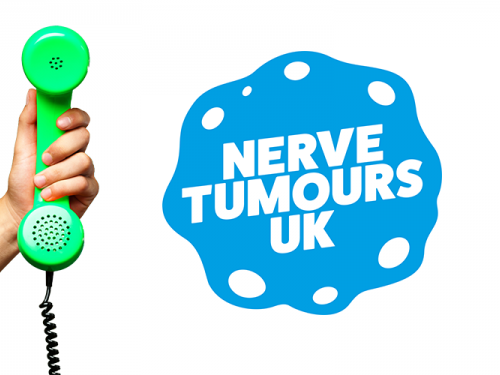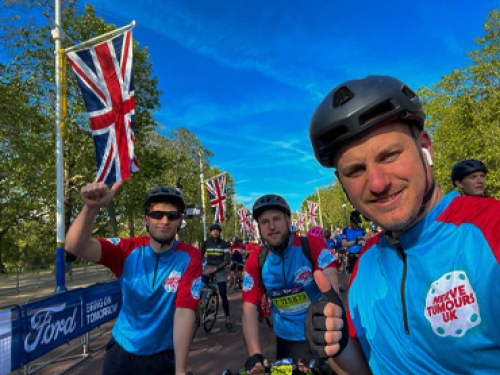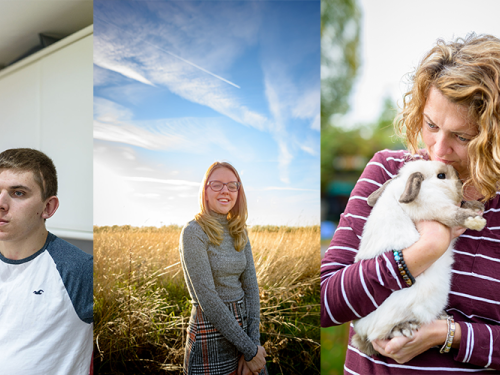Joanna’s Story
Reflections on her breast cancer diagnosis
22 October 2024
My mother had NF1, as do both my brother and I, and we are are not alone in having NF1; there are 25,000 people who have NF in the UK. My name is Joanna, I am an academic geneticist based at Newcastle University, I work in the same building where my diagnosis was made through cascaded screening aged 38. This means that I was tested due to family members having NF1, rather than there being strong indications that I had the condition.
We are are not alone in having NF1; there are 25,000 people who have NF in the UK
.jpg)
I came forward for cascade genetic testing because I knew if I had a mutation, it would pave the way for me to have access to breast screening by mammogram at the age of 40. This is ten years sooner than most women are given access to this screening. To the surprise of the genetics team, I had an NF1 mutation.
It was a good thing I came forward to be tested for NF1, as I was diagnosed with breast cancer in June 2021 after a recall from my annual mammogram aged 45. Women with NF1 have an increased risk of breast cancer and should be attending annual mammograms from the age of 40, with the link between NF1 and breast cancer having being made over 10-years ago. My diagnosis was the beginning of 18 months of cancer treatment. For me, this involved chemotherapy, surgery, radiotherapy, and targeted biological therapy but it is important to know that treatment is tailored to each patient.
I would like to say to all woman with NF1, take up your yearly mammograms as they are potentially lifesaving
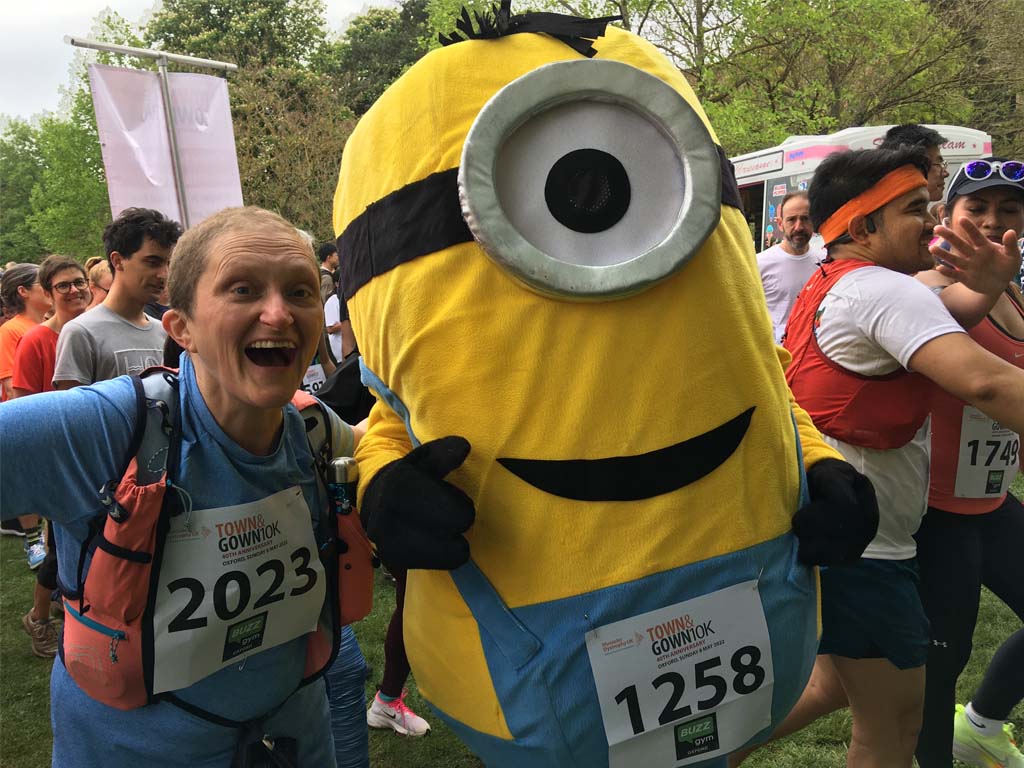
My mother was diagnosed with breast cancer at the age of 40, she died aged 42. She did not have the chance to take up early mammogram screening. So I would like to say to all woman with NF1, take up your yearly mammograms as they are potentially lifesaving. The earlier cancer is detected the better the chance of a successful treatment outcome. I do not have external diagnostic features of NF1, aside from my lisch nodules, so even if you are very mildly affected, these scans are important.
I completed a massive goal of running the London Marathon in April 2023 (5hr 33) six months after finishing my treatment. It is important to speak to your own medical advisers before starting a course of exercise. Exercise has been shown to reduce the risk of cancer recurrence, but it doesn't need to be a marathon, couch to 5k is a great way to get involved with running. Parkrun is also a supportive environment! It is the place that I re-started my running after the most intensive phase of my treatment.
It is crossing the line that matters, not when you cross.
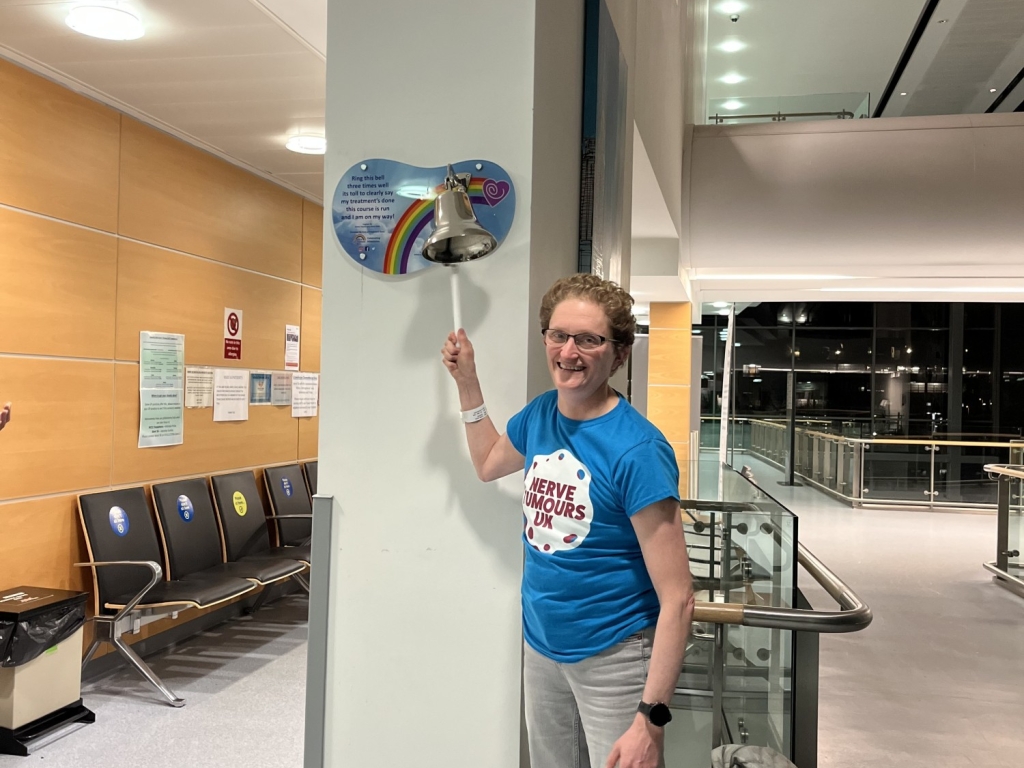
My most recent race was the Great North Run on the 22nd of September this year. Whatever the distance, the most difficult line to get to in events like these is the start line. One of the photos shows me running the Oxford 10k, it was the first time that I had run that distance since my diagnosis, and I must confess I ate the minion’s dust! But it is crossing the line that matters, not when you cross.
If you have any questions about breast cancer screenings, or on any other topics covered in Joanna's story, please call our helpline 07939 046 030 operating Mon, Wed, Fri 9am to 5pm.

